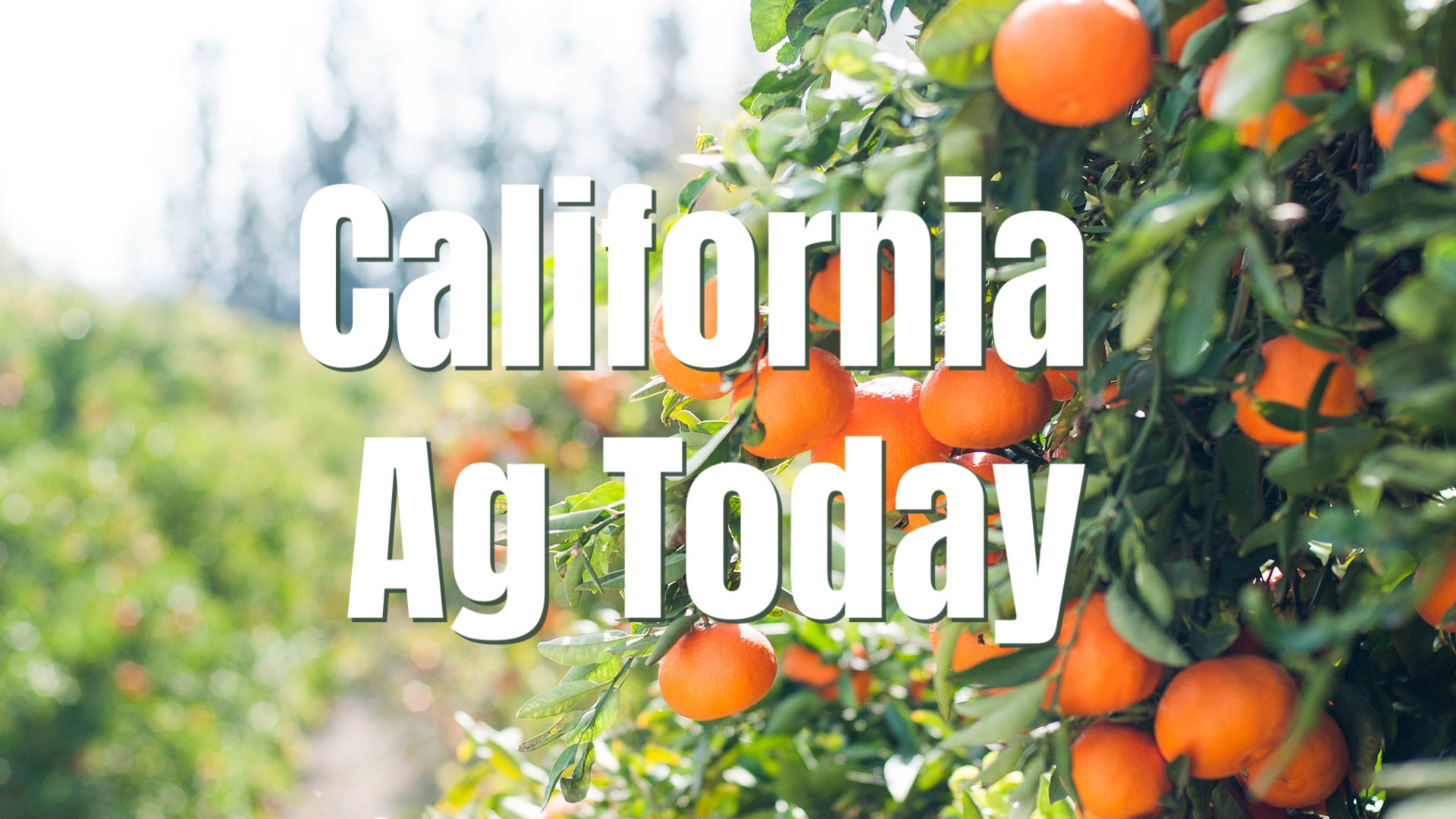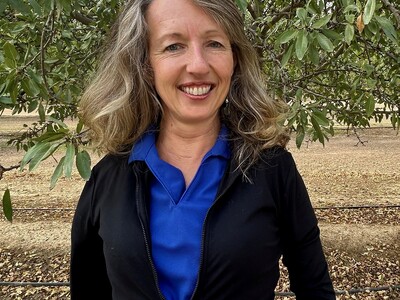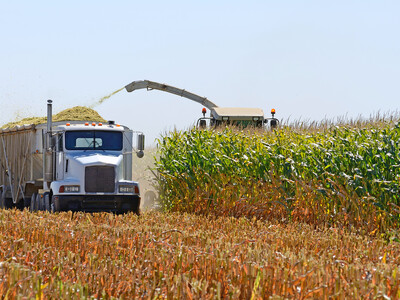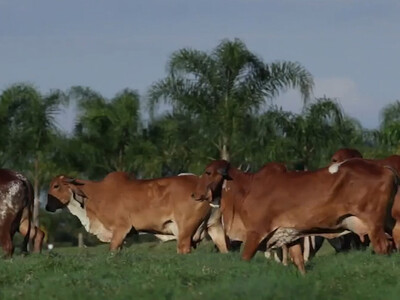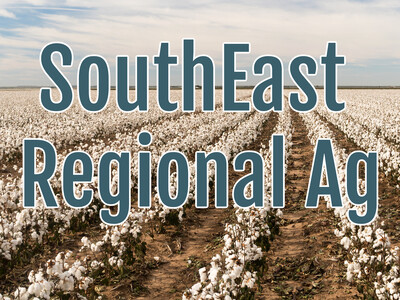New State Laws Jan 12
For California Ag Today, I’m Mike StephensAgriculture faces host of new state laws in California
Farmers and ranchers will find themselves subject to new laws in 2022 that will raise wages, redefine animals' living arrangements and allow ranchers better access to livestock in evacuation zones.
Effective Jan. 1, California's minimum wage rises to $15 per hour for employers with 26 or more employees at any time in a pay period. Those employing 25 or fewer people at all times in a pay period will see the minimum wage rise to $14 per hour in 2022 and to $15 in 2023.
Employers of 26 or more people will also owe overtime pay to agricultural employees after working eight hours in a workday or 40 hours in a workweek. Those employees will be owed time and a half for work after eight and up to 12 hours in a day, and double time after 12 hours.
Livestock producers in California will see more limits on animal housing as a result of Proposition 12.
As of Jan. 1, Proposition 12 will require breeding pigs and their offspring to have at least 24 square feet of space per pig. Egg-laying hens must be in cage-free housing, whether indoors or out.
The proposition also bans the sale of veal from calves, pork from breeding pigs, and eggs from hens whose housing doesn't meet the proposition's minimum standards.
Farmers and ranchers who need to check on livestock during evacuations prompted by wildfires and other disasters will have an easier time doing so thanks to AB 1103. The law sets up an Ag Pass program allowing ranchers to get through road closures to look after their animals and evacuate them if necessary.


